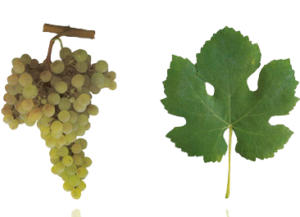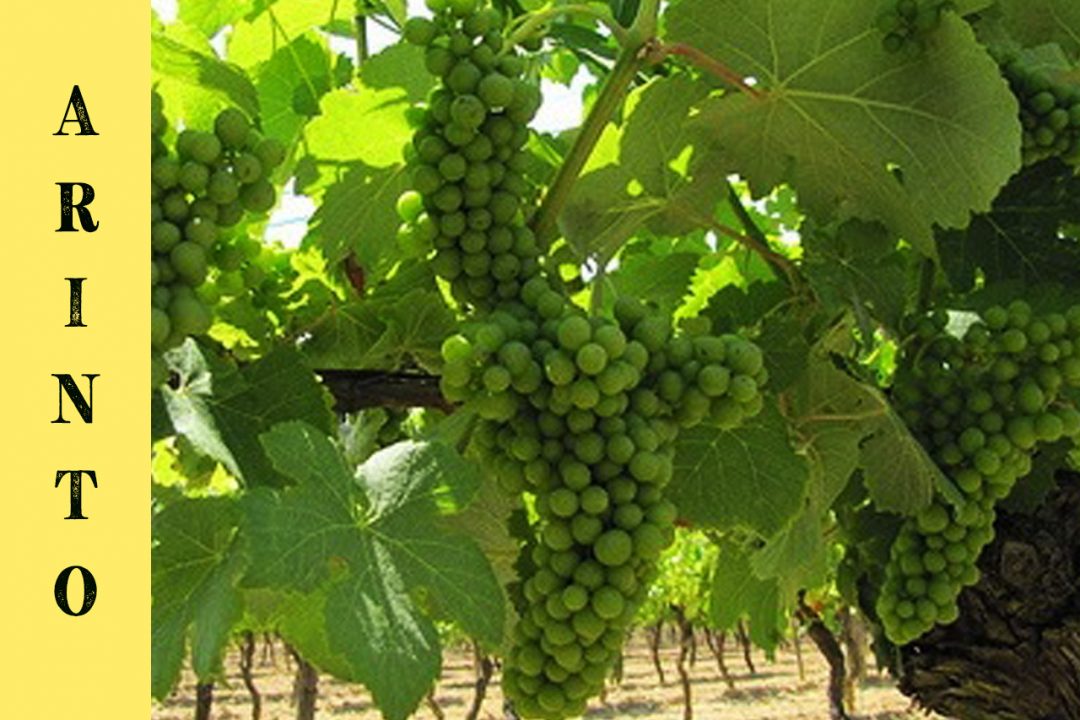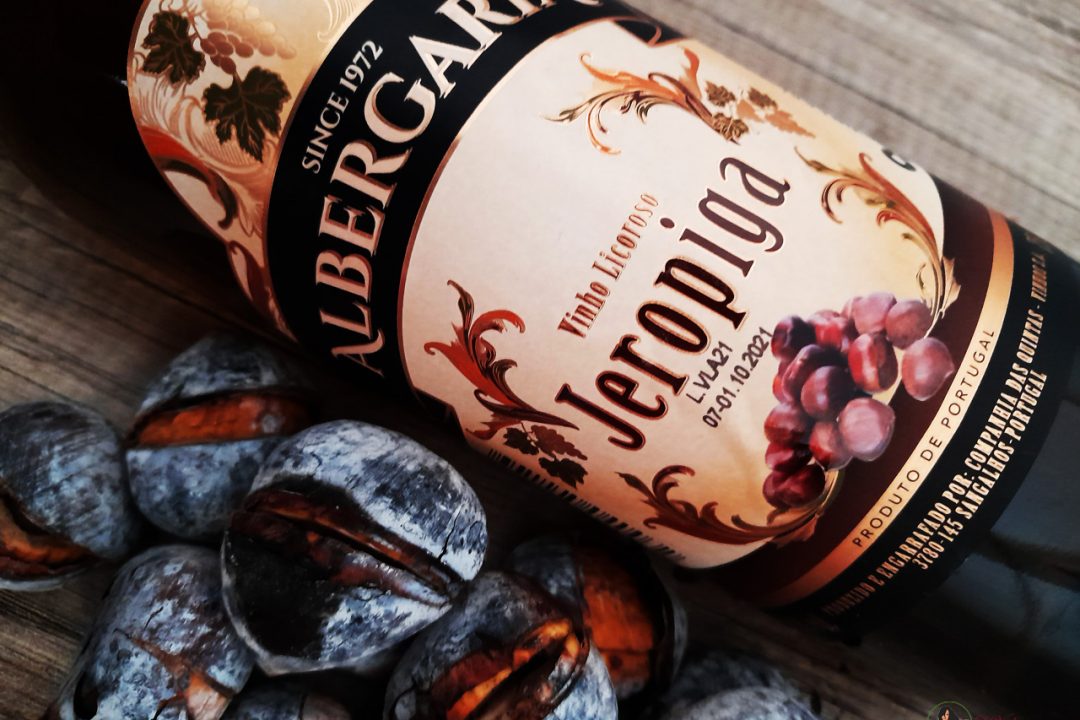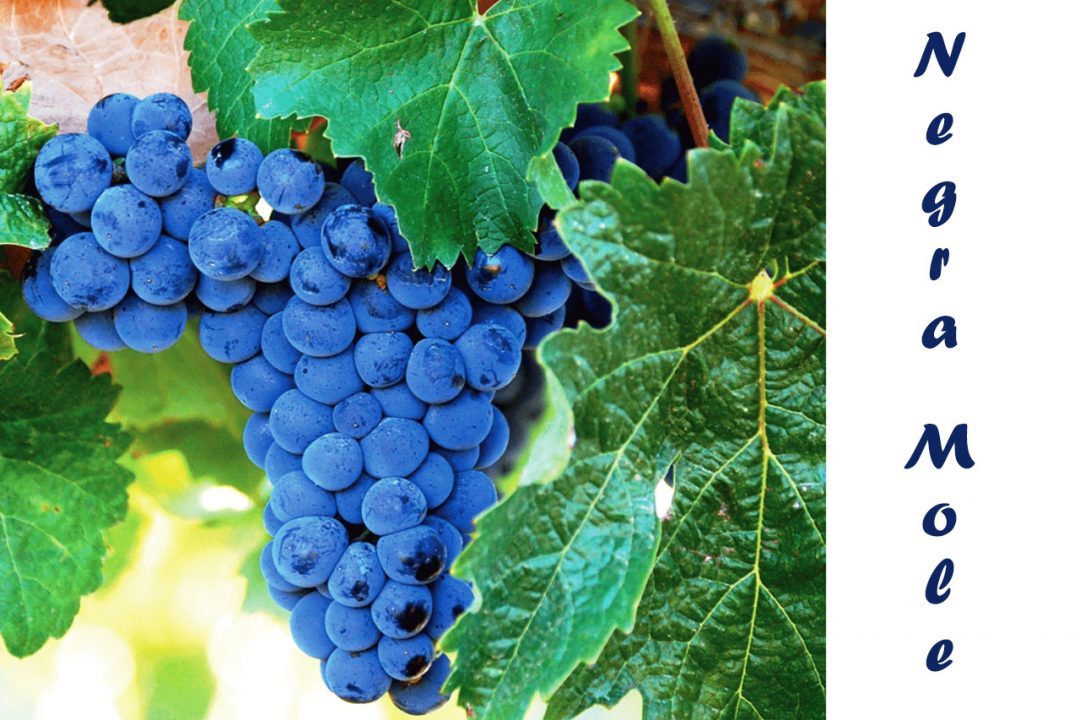Arinto is one of Portugal’s oldest indigenous grape varieties.
A very versatile variety, which is why it is grown in almost all wine regions, especially in the Bucelas region where it is considered the ‘queen of white grapes’.
Arinto, which in the Vinho Verde region is known as Pedernã, has good acidity as one of its greatest assets, for this reason, it can produce wines with quality structure, velvety touch, and fine lemon notes.
Origin
According to a non-verifiable hypothesis, the vine was imported to Portugal by German crusaders from the Rhine region in the Middle Ages. The variety was first mentioned in 1712 under the name Arinto by the Portuguese wine author Vicêncio Alarte’ whose work is considered the first treatise on this subject.
The name Pedernã stands out as an official name for the grape variety in the Vinho Verde region. But other names are feasible, such as Pé de Perdiz Branco, Chapeludo, Cerceal (not to be confused with Cercial), Azal Spanish, Azal Galego, and White Spanish.
If a relationship with the Riesling variety was once invoked, DNA tests soon took care of the contradiction of the romantic theory.
However, there is a close relationship also with the variety Trajadura.
Grape
The Arinto presents large and compact bunches that are composed of small or medium-sized yellowish berries.

The aroma is relatively discreet, highlighting mineral notes, green apple, and lemon.
Primary flavors are lemon zest, grapefruit, hazelnut, beeswax, and chamomile. It can also show various stonefruit characteristics and can take on rich peach flavors when aged.
The late-ripening variety is extremely resistant to heat and drought but susceptible to botrytis.
Resulting wines
Firm acidity is the main business card for the Arinto grape, guaranteeing the adjectives of “improving” grape varieties in many Portuguese regions. This very noble variety, with yellowish berries that ripen late, produces wines that evolve very well in the bottle, gaining elegance and complexity.
In the Bucelas region, it produces monovarietal wines (one single variety) with high acidity, citrus color, and markedly floral and fruity (when young).
If you like Riesling, Pinot Blanc, or Chenin Blanc, probably you will also like Arinto.
Throughout Portugal, winemakers love using Arinto as a blending grape. Its common blending partners can vary depending on the region.
Arinto & Fernão Pires – is the most widely used white wine grape mixture in Portugal, most frequently found as a pair in the vineyards of Alentejo and Ribatejo.
Sometimes Muscat is used as a third component in the blend.
Arinto & Loureiro – is the second main mixture of this grape variety.
And often in sodality with Trajadura they form the heart of the tangy, crisp white wines of Vinho Verde.
The regions are also beginning to incorporate an international favorite, Chardonnay, into the mix as the popularity for fuller-bodied, age-worthy whites has grown tremendously in recent years.
Whether it’s used in blends, or standing proud on its own, Arinto provides a nice balance of acidity and fruit, with both citrus and tropical aromas and flavors that central regions winemakers love.
Arinto is often used in the production of not only blended wines but also sparkling wines.
Food pairing
Arinto has crunchy youthful acidity that allows it to be paired with dressed salads, marinated antipasto, and simply prepared crustaceans such as crab and lobster, grilled fish fillets, or vegetables. Arinto’s inherent minerality and crisp bite bring out the delicate smokier elements while allowing the core flavors to shine.
It makes an excellent pairing with richer seafood including Portugal’s famous bacalhau (salt codfish) due to its high acidity and lemon-zest-like flavors.
But Arinto is a perfect wine also to take out on a warm day’s picnic.
Do you want to try it?
Arinto 2020 by Quinta do Barranco Longo, Algarve
A Laranja Mecânica 2018 by Fitapreta, Alentejo
Arinto – Bical 2016 by Quinta do Ortigão
Caves Velhas Bucellas Arinto 2020 by Enoport Wines Group, Lisboa
Prova Régia – Arinto 2018 by Quinta da Romeira, Lisboa – Bucelas
Updated on 28th July 2023






No Comments Found